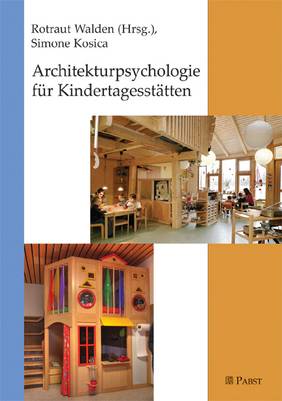Your child's classroom environment may affect his mental health. A new study shows kids in classrooms with inadequate material resources and with teachers who feel they are not respected by their colleagues exhibit more mental health problems than other students.
"I think parents care a lot about their children's mental health -- their emotional and behavioral well-being -- but we, as a society, don't tend to focus on that as an important educational outcome nearly as much as we talk about and think about academic outcomes," Melissa A. Milkie, a sociology professor at the University of Maryland, was quoted as saying.
Milkie says this study shows schools and teachers impact a child's mental health, and therefore, may be better barometers than academic outcomes.
The researchers relied on a nationally representative sample of about 10,700 first graders, whose parents and teachers were interviewed. They considered how the classroom environment affected four components of mental health: learning (attentiveness), externalizing problems (fights), interpersonal behavior (forming friendships) and internalizing problems (anxiety and sadness).
The "material" resources ranged from paper and pencils to musical instruments and art supplies.
"Being in a classroom with a lack of resources might adversely impact children's mental health because children are frustrated or disheartened by their surroundings," Milkie said. "Teachers also may be more discouraged or harsh when they can't teach properly due to the fact that they are missing key elements."
The researchers say teachers who didn't feel respected by their peers probably feel stressed. "For teachers to get the support and encouragement that they need from colleagues, including the principal, is likely important for whether the teachers are able to create a classroom climate that helps children thrive," Milkie said.
"If teachers are feeling stressed out because they aren't getting what they need from their colleagues, that stress may carry over to the kids."
Literatur zum Thema:
Architekturpsychologie für Kindertagesstätten
Walden, Rotraut (Hrsg.); Kosica, Simone






















